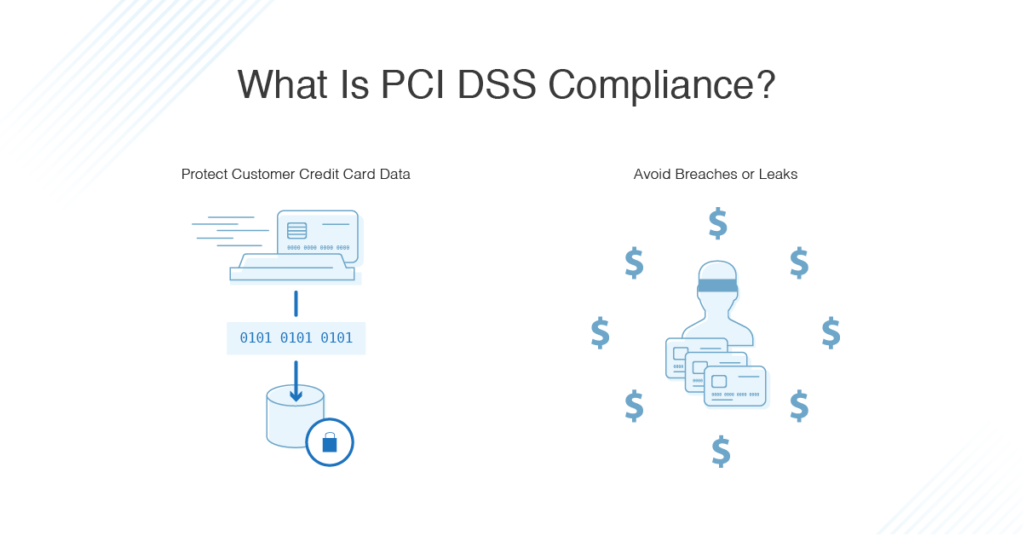
The PCI DSS yields a unique influence on the various payment card processing services. Entities of such types may include merchants, issuers, acquirers, data processing units, and service
providers. An entity often serves transmitting, processing, and storing of sensitive authentication data or card holder information.
Most of the merchants have to follow strict adherence to compliance norms according to the service agreement. A merchant has to remain compliant towards the card network norms or PCI DSS based on
the card processing contract.
Can the PCI DSS Compliance Services Differ From One State to Another?
A good number of states have initiated their data security statute upgrading process by including the PCI DSS. Among the compliant states you have Washington, Nevada, and Minnesota. The rules of
these states drive the data collection agencies towards following the latest protocol shown in the current PCI DSS version while achieving payments (through payment cards) against sale of
services or goods.
During any unfortunate event of data breach, the merchants may create a powerful defense in compliance with PCI DSS. The PCI DSS yields a sign of unique care as per the industry norms. It has a
specific illustration in most states. A business, vendor or processor is not subject to any data breaching liability if it’s included in the list of certified PCI DSS compliance services at the time of data
breach.
Outcome of Defying the PCI DSS Norms
It has been mandated by several payment brands that their network participants ought to follow the PCI DSS norms. The non-compliance penalties may be set as network membership removal,
charge-backs and similar other fines.
Absence of good care can spoil your hope to be ranked among services that are PCI DSS compliant. It helps in fulfilling the claims of others that are trying to transfer the data breaching liability over to some non-compliant network participant.